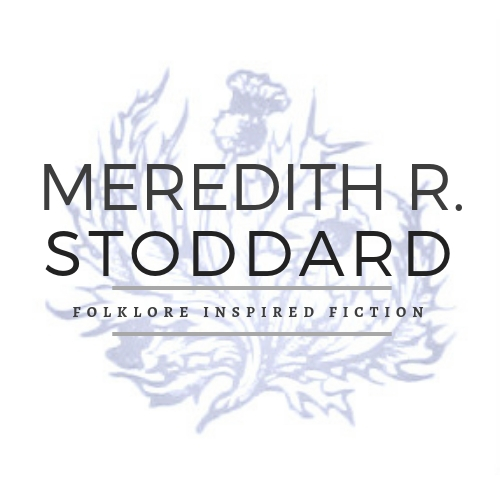A verra pressing question about dialect
/Last fall at the James River Writer's Conference, a literary agent whose name I can't remember (probably a good thing) told a room full of aspiring writers that she would NEVER consider representing a writer who wrote in dialect. If I could remember her name I would certainly be crossing it off of my list of potential agents, as I'm sure she would quickly disregard my dialect laden prose.
She's not the first person I've heard express such a sentiment. I think every writer's forum must have at least one who chimes in whenever anyone mentions dialect and informs everyone that it (much like Prologues) is to be avoided at all costs. If you've read any of my fiction, I'm sure you realize that I don't subscribe to this philosophy.
I love dialect both as a reader and as writer. I firmly believe that a character should sound right off the page as they would sound in reality. So if a character is Scottish, or from the South or of a particular ethnic group or economic stratum, then he or she should sound like it. There is so much efficient characterization and rich atmosphere to be had using dialect.
The next time you meet someone new think about all the judgments that you make when you hear them talk. You can usually tell where a person is from, and what their education level is by the way they talk, sometimes after just a few sentences.
If you write historical fiction or fantasy, dialect can go a long way in creating the atmosphere of the world in which you write. People in the eighteenth century didn't talk the same way that they do in the 20th century. Likewise people in the 1950's didn't talk the way that people did in the 1970's. Dialect can create that sense of time and place.
Would we be as enchanted by William Faulkner or Zora Neale Hurston if their characters all spoke perfect classroom English? Would Huckleberry Finn be nearly as engaging if it didn't sound like it was being told by an adolescent boy from the banks of the Mississippi?
And would Jamie Fraser be anything close to the heartthrob that he is if, "Dinna fash, Sassenach." was instead, "Do not worry, English lady."? I think not.
Even the great (no sarcasm here) William Strunk and E. B. White cautioned against dialect. It's actually #15 on their "List of Reminders" in The Elements of Style.
"Do not use dialect unless your ear is good."
I've added the emphasis on the last part. I actually think that is the most important thing. Bad dialect can be jarring and take the reader right out of the story. Good dialect sounds like the voice of the character. Bad dialect sounds like a writer trying too hard to be clever and failing.
I once read the first 70 pages or so of a best selling novel by a famous writer who I will not name. This writer however seemed to believe that all she needed to do to write Scots dialect was throw in three or four extra R's whenever her Scottish character was talking. Thank heavens there was only one Scottish character or the book would have been considerably longer than it was. I say I only read the first 70 pages that was how long I managed to put up with it. Had her Scot been one of the main characters I don't think I would have lasted that long.
The key in working with dialect is making sure "your ear is good". Read it out loud. Does the way it sounds in your head match how it looks on the page? Have other people read it. Can they understand it? Did any of it make the reading difficult? All of the authors I named previously have good ears. Their dialect fits for the characters and times and places in which they are writing.
And they know when to use it and when not to use it. Again, Strunk and White.
"The best dialect writers, by and large, are economical of their talents; they use the minimum, not the maximum, of deviation from the norm, thus sparing their readers as well as convincing them."
Think of it as seasoning. When you're cooking Italian, you use oregano and basil. When you're cooking Indian you use curry powder or cardamom. Hungarian? Paprika. No matter what seasoning you use, too much of it makes the dish unpalatable.
A few years ago, I got it into my head that I wanted to learn a bit of Scots. So, I picked up Lewis Grassic Gibbon's A Scots Quair. Now it can debated whether Scots is a dialect of English or a language all its own. However, what cannot be debated is that Gibbon set out to write that series entirely in Scots. I made it through, but it was a laborious read. Slowing my pace to mentally translate every sentence meant that I wasn't as emotionally engaged as I would like to have been. So, the book did it's job as an academic and cultural exercise, but wouldn't be likely to appeal to a wider audience.
Too much seasoning for the average non-Scots reader.
To sum up, don't be afraid of dialect. It's remarkably efficient at creating atmosphere or building character. However, make sure it sounds to the reader the same way it sounds in your head. And use it sparingly.



